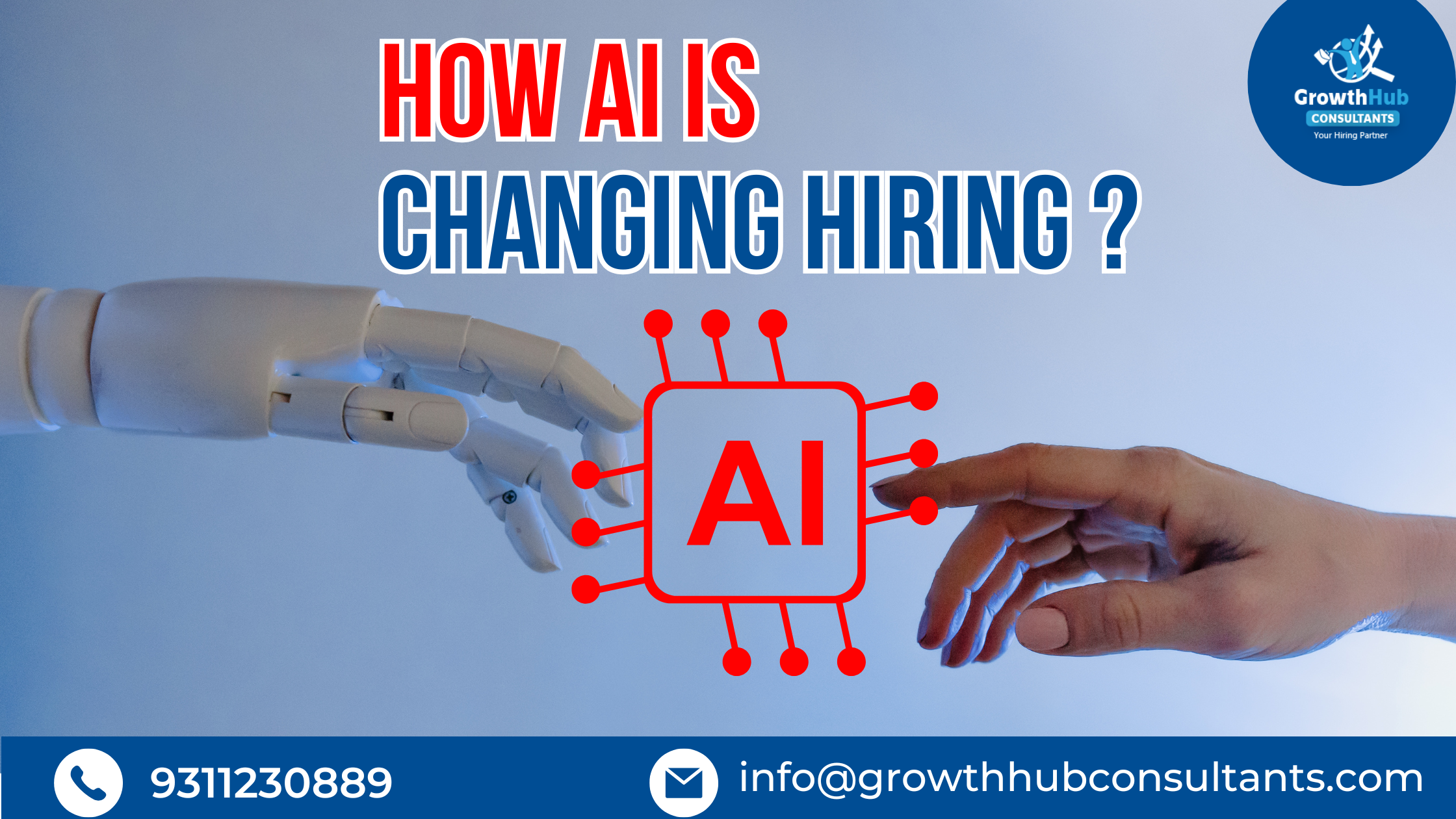The Future of Recruitment How AI is Changing Hiring
In the ever-evolving digital era of human resources, the role of artificial intelligence (AI) in recruitment is becoming increasingly prominent. As businesses strive for efficiency and effectiveness in hiring, AI technologies present solutions that streamline operations and enhance decision-making. This post will explore how AI is reshaping recruitment and what that means for the future of hiring.
The Shift Towards AI in Recruitment
Traditionally, recruitment processes have been manual, often filled with challenges such as bias, inefficiencies, and scalability issues. However, advancements in AI have led to the development of tools that can analyze vast amounts of data, thereby providing insights that humans alone could not easily discern. AI technologies, such as machine learning algorithms and natural language processing, are now capable of screening resumes, assessing candidate fit, and even conducting initial interviews.
Enhanced Candidate Sourcing
AI-powered recruitment tools support recruiters to source candidates with much efficiency. By leveraging algorithms that analyze job descriptions, social media profiles, and other data points, these tools can identify potential candidates who may not have been visible through traditional recruiting methods. This enhances the talent pool and introduces diversity, which is critical in fostering an inclusive workplace.
Reducing Bias in Hiring
One of the most remarkable advantages of AI in recruitment is its potential to reduce bias. Traditional hiring processes can be regulate by human prejudices, leading to unfair disadvantages for certain candidates. AI systems, when designed properly, can focus on skills, qualifications, and experience rather than demographic characteristics. However, it's essential to recognize that AI is only as unbiased as the data it learns from. Therefore, ongoing efforts to ensure diversity in training data are critical.
Streamlining the Interview Process
AI is also transforming the interview process. Tools that utilize chatbots or virtual assistants can handle preliminary interviews, asking standardized questions and assessing candidates' responses in real time. This not only saves time for hiring managers but also provides a consistent candidate experience. Furthermore, advanced analytics can help recruiters gauge candidates' cultural fit and potential alignment with company values.
Predictive Analytic for Better Decision Making
Another interesting development is the use of predictive analytic in recruitment. By assessing historical hiring data and candidates performance, AI can identify patterns that indicate which candidates are likely to succeed in particular roles. This allow recruiters to make data-driven decisions, thereby increasing the chances of hiring individuals who will thrive in the organization.
Challenges and Ethical Considerations
While the potential benefits of AI in recruitment are transparent, several challenges and ethical considerations must be addressed. These include concerns about data privacy, the potential for perpetuating existing biases, and the importance of maintaining human oversight throughout the hiring process. As we embrace AI, it is important to adhere best practices that ensure accurac and transparency.
Conclusion
The future of recruitment is undeniably intertwined with AI technology. As organizations seek to optimize their hiring processes, understanding and embracing these changes will be vital. By leveraging AI to enhance candidate sourcing, reduce bias, streamline interviews, and enable predictive analytics, companies can not only improve their recruitment outcomes but also foster a more equitable and efficient hiring landscape. Embracing this technological evolution is essential for any organization looking to attract and retain top talent in an increasingly competitive market.
As we move forward, the challenge lies in using these tools responsibly, ensuring that human judgment remains central to the hiring process while harnessing AI’s capabilities to make recruitment smarter, fairer, and more efficient.



ADD COMMENT